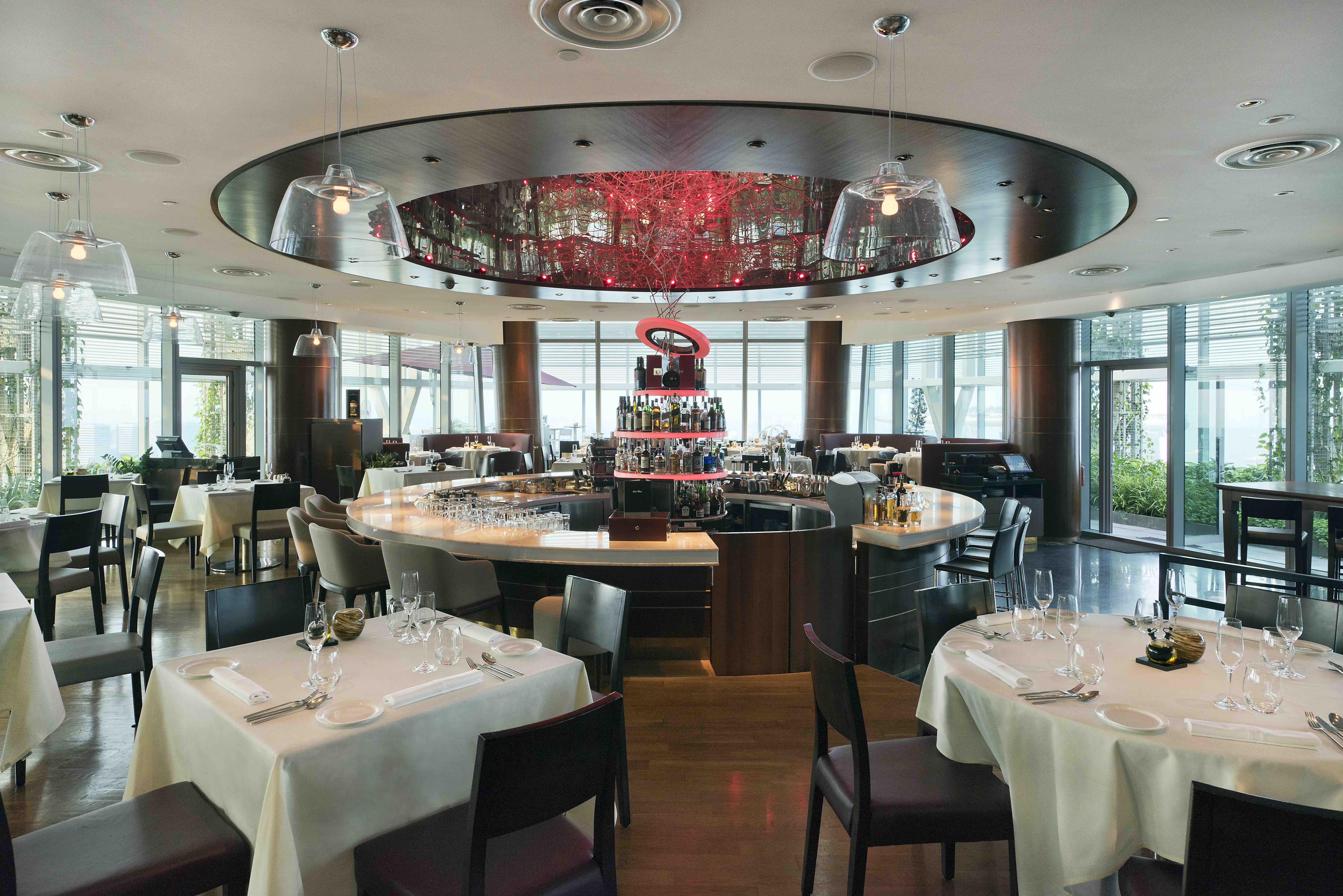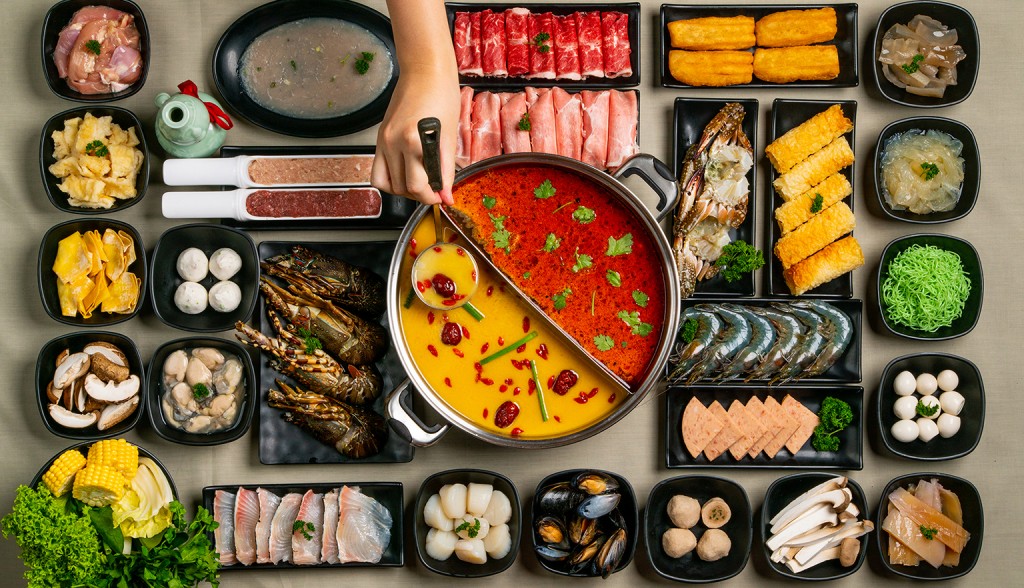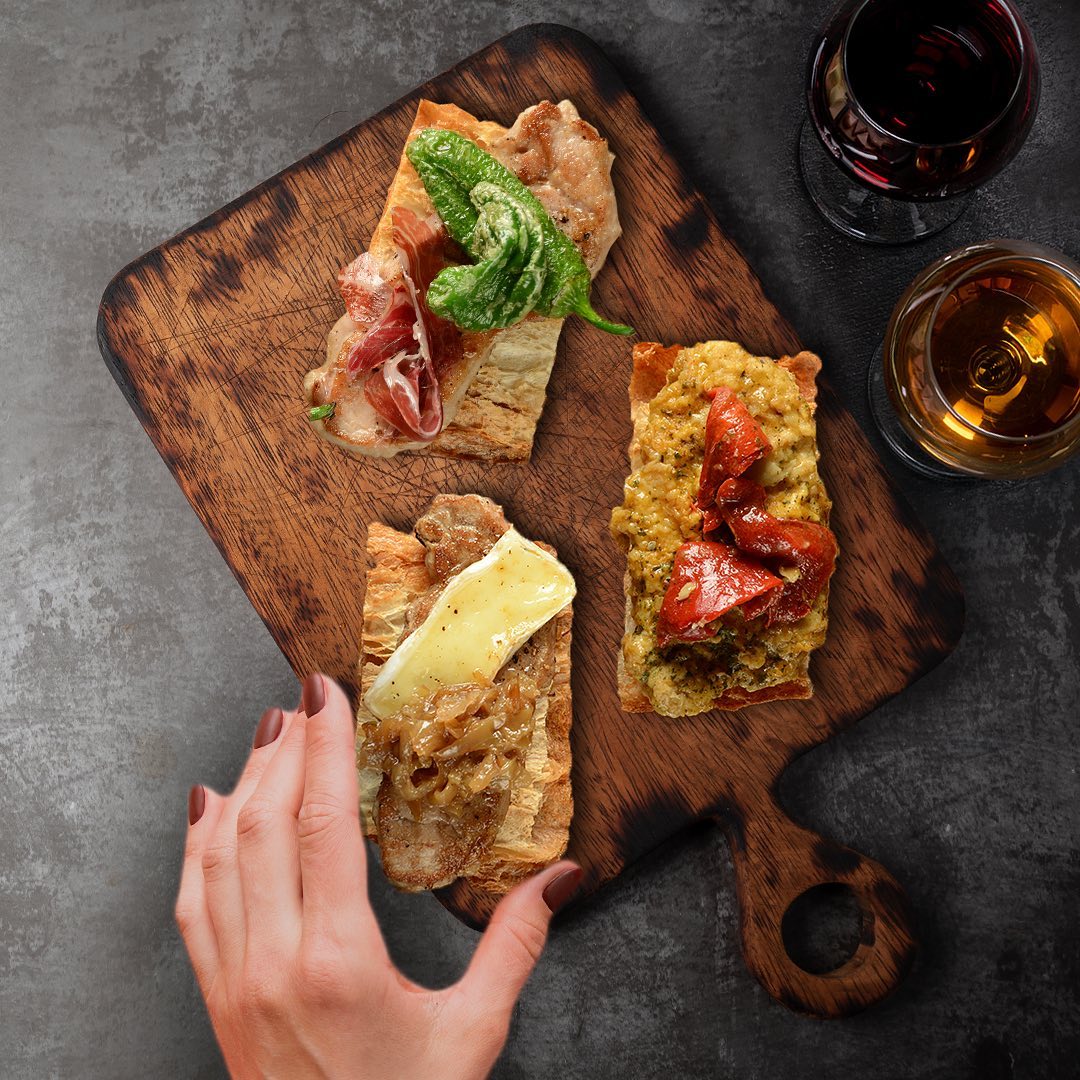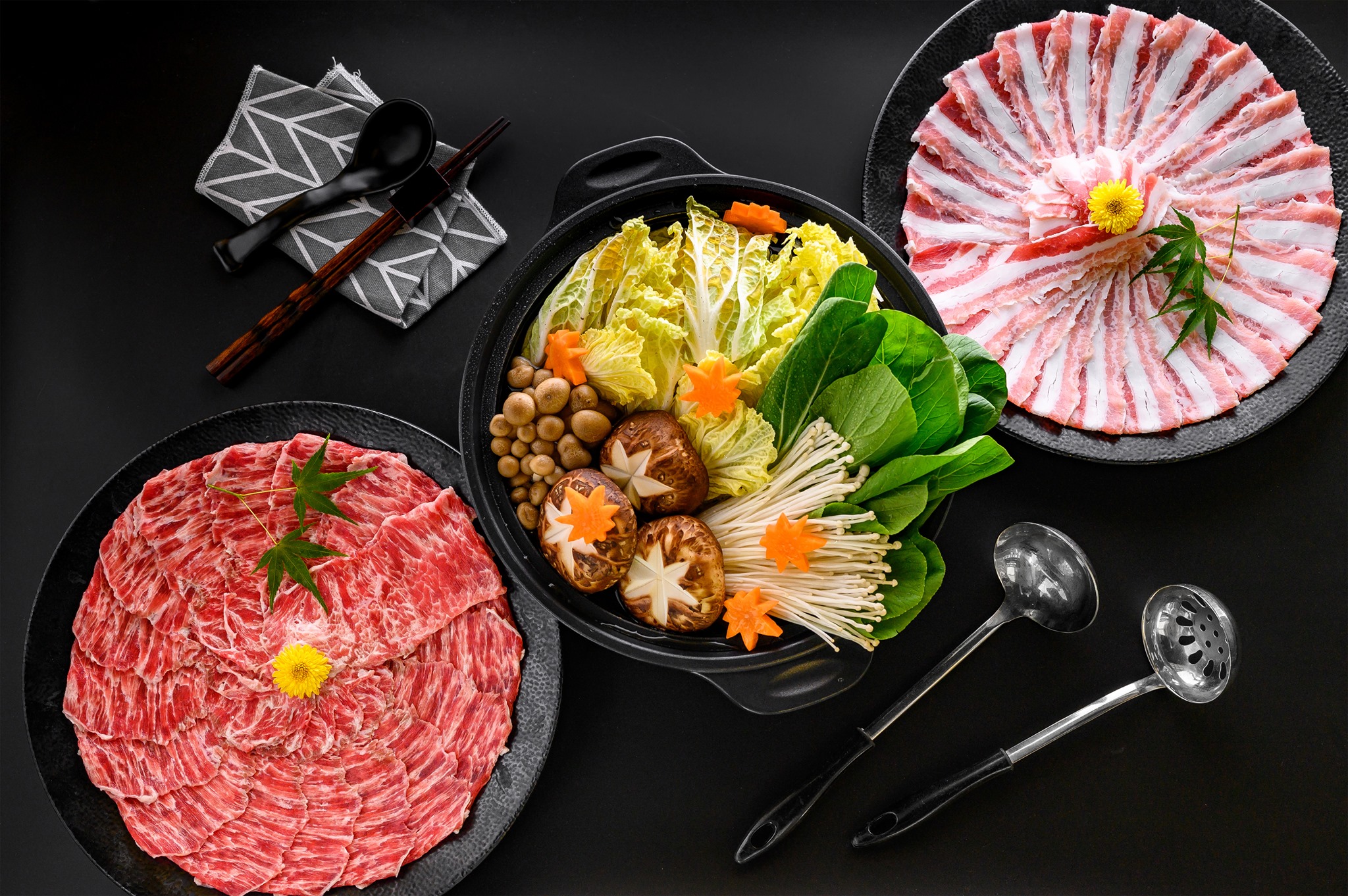What do you think of Singapore and the local cuisine?
I’ve been to Singapore quite a few times now as a tourist and also for the World Gourmet Summit in 2000 and 2006. My first time was 20 years ago and I stayed at the Raffles Hotel. I really enjoyed that trip and have good memories of that. Singapore’s a city for people who love to eat, and it’s always a magnificent place to go. It’s also a city with a growing focus on gastronomy. There’s so much variety here, I really like it. But you do need to get used to the spices and the spicy element of local food. The other cuisines such as French, Chinese and Italian still manage to maintain a truly authentic flavor.
Have you ever eaten anything really unusual?
That’s a real cultural thing. Everything comes from nature, so on that level, I don’t really think natural ingredients are strange. I’ve had fried ants and grasshoppers, and the fact that they were crispy helped. What I think is really strange are all the chemical, synthetic products that people use.
What are some things that are important to you as a chef?
Where do I start? One important thing to me is to have better schools. I feel strongly that part of my vocation is the education of the new generation, to teach and share my knowledge with up and coming chefs. I’m very passionate about the young generation.
Something that I find most troubling is fast food. I’m big on slow food. Take your time to eat. Learn to cook. If you’re cooking, you think more about what you’re putting into your body because you have a much more direct relation with the food. That means thinking about what kind of products you’re buying. It’s such a pleasure to cook fresh, good quality products. Like the humble tomato. Just the beautiful, vibrant color of ripe tomatoes, the sweetness and flavor, the texture in your mouth: It’s magic.
Can you imagine walking into the supermarket and asking for 100g of cellulose, 50ml of lemon flavoring, four teaspoons of MSG? As a child who grew up near the mountains, I used to go on mushroom-picking excursions. I would grab a basket and just pick the freshest mushrooms till my basket was completely full.
You have a strong commitment to natural products. What do you think of molecular gastronomy and chefs such as Ferran Adrià who specialize in that style?
Everyone has the right to choose what they want to and each one of us is responsible for our work and what we do. I’ve tried Ferran Adrià’s food, I know his food, and I simply don’t enjoy it. For me, as a person, I would never want to build a Frankenstein (monster). But there’s a market for a lot of different people, cuisine styles and products. It just means there’s more of a choice for the customers. As long as they understand what you’re doing, I think that’s what counts.
Do you think of yourself as an artist?
I think chefs fancy themselves as artists. At the same time, when you’re working in the kitchen, you have to be very focused, attentive and disciplined. It’s the kind of business that is full of stress and tension, but at the end of the night when you’ve had a good service, you really can relax and let go. It can be difficult for the new generation of chefs to understand this and control their emotions. Everything we do in the kitchen has an immediate relation to the guest. You do it, they taste it. There are so many steps along the way where something can go wrong. Too much salt, it’s a disaster. Too long on the stove, another disaster. The list goes on. After being in the industry for 30 years, I think it’s normal to say to someone “better that you go home today.” Although I prefer to teach them than to just tell them to go. That having been said, patience also has a limit. If someone isn’t willing to learn, there’s not much you can do.
Chef Santi Santamaria passed away in Singapore on February 16, 2011.





